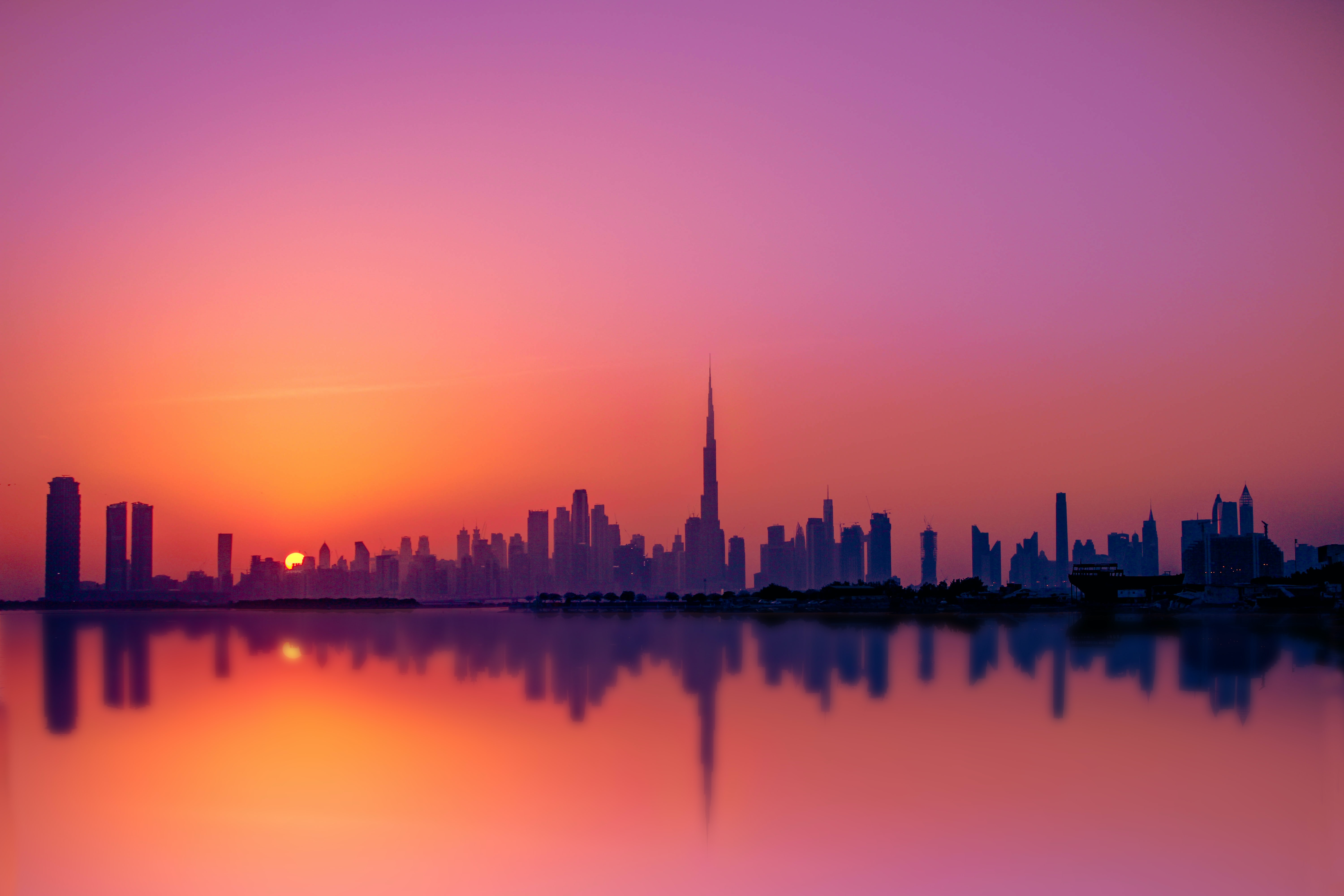
What are Designated Free Zones?
Free Zones are areas within the UAE where a business can trade without being subjected to the regulations of the mainland. There are over 40 Free Zones within the UAE; they are industry-specific and are allowed to conduct business activities only within their jurisdiction and offshore.
Designated Free Zones
Value Added Tax was introduced in the UAE in 2018 on supplies of goods and services within the country. This applies equally to tax-registered businesses both on the mainland as well as in the Free Zones.
However, certain Free Zones have been considered by the UAE Cabinet to be outside the UAE for tax purposes. These Free Zones are known as Designated Zones. Trade conducted within or outside a Designated Zone is VAT-free, but there are certain exceptions to it.
How is a Designated Zone Identified?
Even though a Designated Zone may be identified by the Cabinet decision, it would still have to fulfill certain criteria, as listed below, in order to be treated as a territory outside the UAE.
It must be a fenced area and have its own security and customs measures to monitor any movement of goods and individuals within and outside the Free Zone.
The regulations for storing, processing, and recovering goods should be well defined within the zone.
The zone operator must comply with all rules put forth by the Federal Tax Authority (FTA).
It is important to note that any business operating within the Designated Free Zones will be subject to the qualifying criteria and they should ensure to maintain thorough records.
Designated Zones in the UAE
The following Free Zones have been considered as Designated Zones in each of the Emirates:
Abu Dhabi
Free Trade Zone of Khalifa Port
Abu Dhabi Airport Free Zone
Khalifa Industrial Zone
Al Ain International Airport Free Zone
Al Bateen Executive Airport Free Zone
Dubai
Jebel Ali Free Zone (North and South)
Dubai Cars and Automotive Zone (DUCAMZ)
Dubai Textile City
Free Zone Area in Al Quoz
Free Zone Area in Al Qusais
Dubai Aviation City
Dubai Airport Free Zone
International Humanitarian City
Sharjah
Hamriyah Free Zone
Sharjah Airport International Free Zone
Ajman
Ajman Free Zone
Umm Al Quwain
Umm Al Quwain Free Trade Zone in Ahmed Bin Rashid Port
Umm Al Quwain Free Trade Zone on Sheikh Mohammed bin Zayed Road
Ras Al Khaimah
RAK Free Trade Zone (RAKEZ)
Maritime City Free Zone
RAK Airport Free Zone
Fujairah
Fujairah Free Zone
Fujairah Oil Industry Zone (FOIZ)
How is the supply of services carried out within Designated Zones?
When starting a business in a Designated Free Zone, it is important to note the VAT charges for the supply of your services. For instance, under common VAT rules, if the supply area is a Designated Zone, then almost all services would be subject to VAT at the standard rate.
However, if the service is being exported or if it would be sold to an individual who is a foreign resident and located outside the GCC states, then the services may be considered as VAT-free supplies.
How is the supply of goods carried out within Designated Zones?
With regards to the supply of goods within a Designated Zone, it would not be subjected to VAT as the Zone is considered to be outside the UAE territory. It is important to note that the rule would not be applicable in the case where goods are supplied to a person intending to use them for private purposes and would be subject to the normal VAT rate.
Incorrect Application of VAT: Prominent Examples
As mentioned before, companies within the Designated Zones are to maintain thorough records of their daily undertakings. However, there is always a risk of the VAT rules being applied incorrectly in some cases.
The following are some of the prominent cases where the VAT rules may be applied incorrectly.
- Supplies involving or related to real estate that is situated within the Designated Zone
- Wherein the purpose of the use of goods is not been clearly specified
- Wherein the goods are intended to be consumed for private purposes
- Wherein the goods have been imported into a Designated Zone under a license authorizing imports into a different Designated or UAE Free Zone
- Supply chains involving goods subject to Excise Tax
- Wherein the Importer of Record (IOR) is not the owner of the goods during the time of import
Conclusion
Starting a business in the UAE can be a streamlined process if done with the help of a reliable set-up company, such as Ascent Partners. Contact us today to know more about Designated Zones in the UAE.
Frequently asked questions
1. What is a VAT Designated Zone in UAE?
Designated Zones are areas identified by the UAE Cabinet that are treated as being outside the territory of the UAE. This is ideally done for VAT purposes for certain supplies of services and goods.
2. Is VAT applicable in UAE Free Zones?
While VAT is applicable to the whole of UAE, including the Free Zones, the Designated Zones are not generally subjected to VAT.
3. What is the difference between a Designated and Free Zone?
Designated Zones are specific areas that are considered as being outside of the UAE for VAT purposes; however, Free Zones are created to primarily boost international businesses.
How can Ascent Partners help?
Ascent Partners is a boutique consultancy providing bespoke, end-to-end corporate services ranging from company formation to accounting, bookkeeping, and compliance services for entrepreneurs looking to set up their next venture in the UAE. We work alongside to strategise, startup, and scale businesses in the UAE and the broader region.
With a combined experience of 50+ years, our expert consultants provide reliable and unparalleled guidance throughout all strategic phases of a business' evolution.
To know more, Get in touch with us at ask@ascentpartners or 04 422 7339 to start up and scale your business.